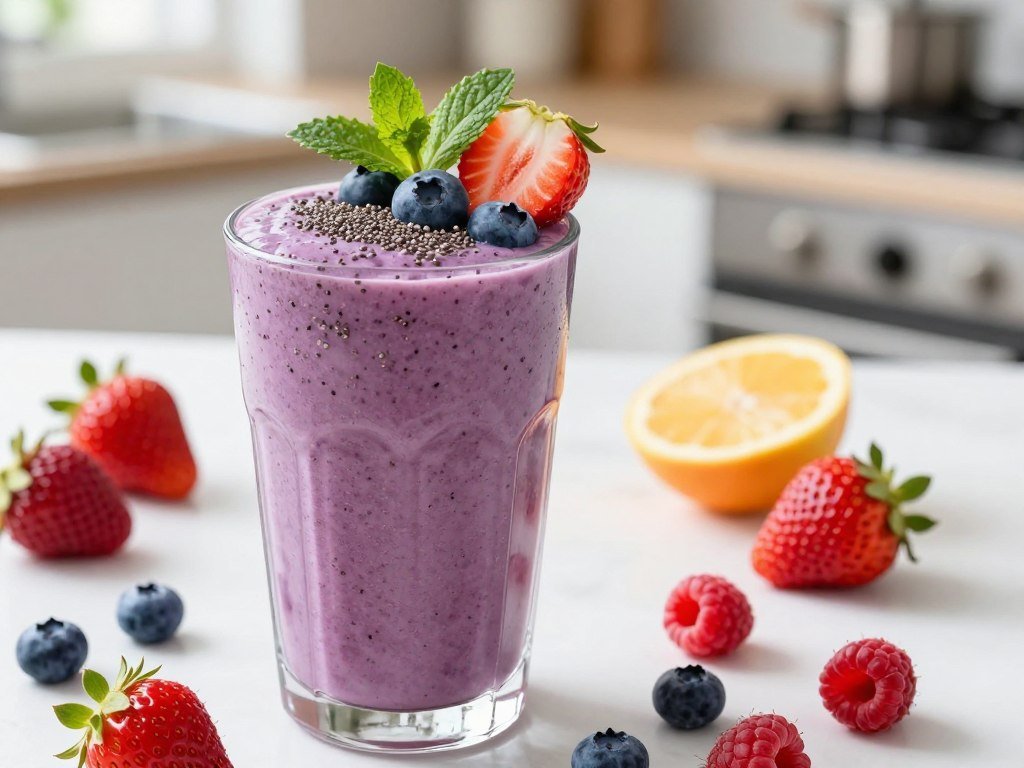As an Amazon Associate I earn from qualifying purchases.
Why Im Not Losing Weight
Understanding the Dilemma
Weight loss, an enigma that perplexes many, has become a ubiquitous topic in today’s health-conscious society. Yet, despite the plethora of diets, workout routines, and wellness trends, countless individuals ask the same question: “Why am I not losing weight?”

The Complexities of Why Im not Losing Weight
Metabolic Factors
Metabolism, often touted as the holy grail of weight management, is pivotal in determining how efficiently our bodies burn calories. However, metabolic rates can vary significantly from person to person, influenced by genetics, age, and hormonal imbalances.
Caloric Intake vs. Expenditure
The age-old adage “calories in, calories out” oversimplifies the intricate dance between energy consumption and expenditure. While maintaining a caloric deficit is crucial for weight loss, other factors, including nutrient composition, meal timing, and metabolic adaptation, can impact the body’s response to calorie restriction.
Hormonal Harmony
Hormones greatly influence our body composition, regulating appetite, metabolism, and fat storage. Imbalances in hormones like insulin, cortisol, thyroid hormones, and leptin can sabotage weight loss efforts, leading to stubborn plateaus despite diligent adherence to diet and exercise.
Caloric Intake vs. Expenditure
In our fast-paced modern world, chronic stress and inadequate sleep have emerged as silent saboteurs of weight loss. Elevated stress levels trigger the release of cortisol, a hormone notorious for promoting fat storage. At the same time, sleep deprivation disrupts metabolic function and undermines willpower, making it harder to resist unhealthy cravings.


The Pitfalls of Conventional Approaches - Why Im Not Losing Weight
Fad Diets
The diet industry thrives on a perpetual cycle of fads and trends, promising rapid results with minimal effort. However, most fad diets are unsustainable in the long run, often leading to metabolic damage, nutrient deficiencies, and weight regain once the novelty wears off.
Overreliance on Exercise
While physical activity is undeniably beneficial for overall health and well-being, relying solely on exercise to shed excess pounds can yield disappointing outcomes. Even the most rigorous workout regimen may produce significant weight loss results if it addresses dietary habits and lifestyle factors.
Misguided Nutrition Advice
Navigating the maze of nutrition advice can be overwhelming, with conflicting recommendations perpetuating confusion and misinformation. From demonizing entire food groups to promoting restrictive eating patterns, many popular dietary approaches overlook individual needs and preferences, fostering a one-size-fits-all mentality that disregards the nuanced complexities of human physiology.
Embracing a Holistic Approach to Weight Loss
Mindful Eating
Practicing mindful eating involves cultivating a deeper awareness of hunger cues, satiety signals, and emotional triggers influencing our relationship with food. By tuning into our body’s innate wisdom and savoring each bite with intention, we can foster a more harmonious relationship with food and break free from the cycle of mindless overeating.

Balanced Nutrition
Rather than fixating on specific macronutrient ratios or restrictive meal plans, prioritizing balanced nutrition is vital to sustainable weight loss. Emphasizing whole, nutrient-dense foods such as fruits, vegetables, lean proteins, and healthy fats ensures optimal nourishment while promoting satiety and satisfaction.
Lifestyle Modifications
Incorporating small, manageable lifestyle changes can yield profound results over time. Whether setting realistic goals, prioritizing quality sleep, or finding enjoyable physical activity, sustainable weight loss is achieved through consistent, incremental progress rather than drastic overnight transformations.

Seeking Professional Guidance
For those struggling to navigate the complexities of weight loss on their own, seeking guidance from qualified healthcare professionals can provide invaluable support and personalized recommendations tailored to individual needs. From registered dietitians and nutritionists to endocrinologists and therapists, assembling a multidisciplinary team can empower individuals to overcome obstacles and achieve lasting success.

Empowering Change
In the quest for weight loss, it’s essential to recognize that there is no one-size-fits-all solution or quick fix. By embracing a holistic approach that addresses the underlying factors contributing to weight gain, individuals can embark on a transformative journey toward improved health, vitality, and well-being.
EATMOVEHEALTHY
FAQ
A: Weight loss is influenced by a multitude of factors beyond just diet and exercise, including metabolic rate, hormonal balance, stress levels, and sleep quality. Underlying issues such as hormonal imbalances or metabolic adaptation may be hindering your progress despite your efforts. Consulting with a healthcare professional can help identify potential roadblocks and devise a personalized plan for success.
A: While there’s no one-size-fits-all answer, minimizing processed foods, sugary snacks, and excessive alcohol consumption can support weight loss efforts. Additionally, some individuals may benefit from reducing their intake of refined carbohydrates and unhealthy fats, opting instead for whole, nutrient-dense foods that provide sustained energy and promote satiety.
A: Exercise plays a crucial role in overall health and well-being, but its impact on weight loss can vary depending on individual factors such as genetics, metabolism, and dietary habits. While regular physical activity can enhance calorie expenditure and improve metabolic function, it should be complemented by a balanced diet and lifestyle modifications for optimal results.
A: Chronic stress and inadequate sleep can disrupt hormonal balance, increase cravings for high-calorie foods, and impair metabolic function, making it harder to lose weight. Prioritizing stress management techniques such as mindfulness, relaxation exercises, and adequate sleep hygiene can mitigate these effects and support weight loss goals.
A: The timeline for seeing results from a weight loss program can vary depending on factors such as starting weight, adherence to the program, and metabolic rate. While some may experience noticeable changes within a few weeks, sustainable weight loss typically occurs gradually over time, with an average rate of 1-2 pounds per week considered safe and realistic.
A: Yes, sustainable weight loss is achievable without resorting to extreme deprivation or constant hunger. By focusing on nutrient-dense, satisfying foods, practicing mindful eating, and incorporating enjoyable forms of physical activity, individuals can create a sustainable lifestyle that promotes weight loss while still enjoying the foods they love.
A: While weight loss supplements and diet pills may promise quick results, their efficacy and safety often must be improved. Many supplements lack sufficient scientific evidence to support their claims; some may even pose health risks. Rather than relying on supplements as a shortcut to weight loss, it’s best to focus on sustainable lifestyle changes supported by evidence-based strategies.
A: Adequate hydration is essential for overall health and can support weight loss by promoting satiety, enhancing metabolism, and facilitating proper nutrient absorption. Drinking water before meals can help reduce calorie intake while staying hydrated throughout the day, boosting energy levels and combating cravings. Aim to consume at least 8-10 glasses of water daily, adjusting intake based on individual needs and activity levels.
Check out more Articles
Amazon and the Amazon logo are trademarks of Amazon.com, Inc or it's affiliates.
Related Posts
- The 80/20 Diet for Weight Loss
The 80/20 Diet For Weight Loss Introduction: Embarking on a journey towards a healthier lifestyle…
- Stop Overeating for Weight Loss
Stop Overeating for Weight Loss In a world bombarded with tempting treats and indulgent delights,…
- Easy Vegan Recipes for Weight Loss
Easy Vegan Recipes for Weight Loss A Delicious Path to a Healthier You Looking to…











